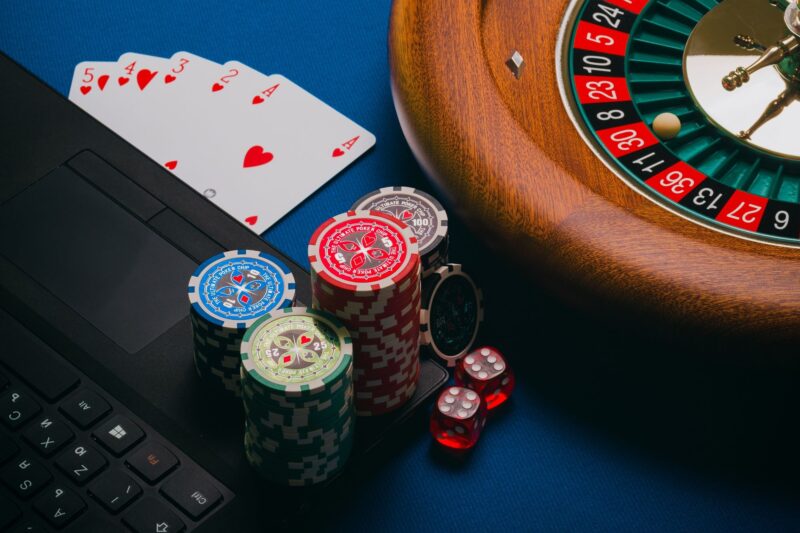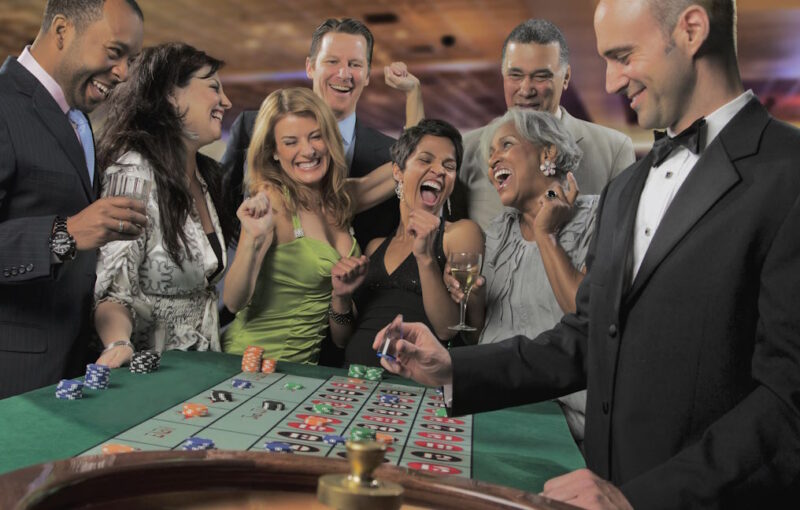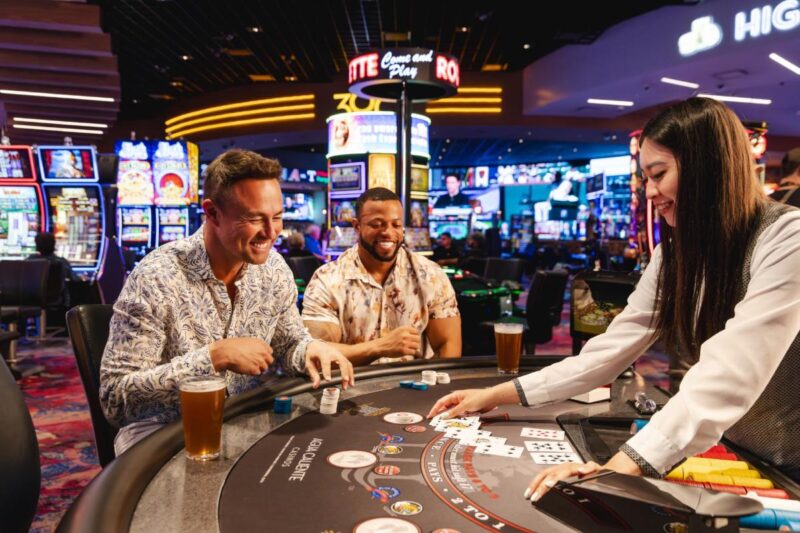Are you as good at making decisions as you think? Few environments reveal the truth faster than the thrill-filled, high-pressure world of casinos. Every choice matters, and every moment tests your ability to weigh risks and rewards.
The lights, the sounds, and the promise of winning create a perfect stage for showcasing your critical thinking and self-control—or lack of it.
Key Points:
- Every bet challenges your ability to calculate risk versus reward.
- Impulse control can determine the difference between winning and losing.
- Casinos use psychology to influence your choices, often without you realizing it.
- Your ability to stay rational under pressure gets tested repeatedly.
- Strategic thinking can offer an edge, but luck always plays a part.
What Makes a Casino the Perfect Environment for Testing Choices?
The stakes feel real, but the environment tricks you into forgetting that every chip you lose represents money. Bright lights and cheerful noises trick your brain into associating the experience with fun, not finances. Decision-making becomes both harder and more exciting.
Imagine you’re sitting at a table with chips in hand. The dealer flips a card. Do you double down or play it safe? Every moment forces you to make a choice. Some decisions pay off; others don’t. It’s not just a game—it’s a battle of wits against the odds, the dealer, and even your own instincts.
Does Psychology Shape Choices in Gambling?

Yes, and it happens more often than you’d think. Casino 168, a platform that combines online football betting, slot games, and more, showcases how enticing visuals and seamless interfaces make decisions feel effortless. You’re drawn into action because everything feels easy and exciting.
The same principles apply to physical venues. Strategically placed mirrors, free drinks, and endless music keep you in the moment. Every sensory detail is designed to extend your stay, which means you’ll make more choices—good or bad.
Is It All About Luck, or Does Strategy Matter?
Luck dominates short-term results, but your decisions determine long-term outcomes. Smart players know when to quit. They track probabilities, manage their funds, and stick to strategies even when emotions rise.
Consider blackjack. If you count cards (a legal strategy), you increase your odds against the house. But that takes focus, discipline, and practice. Impulses tempt you to make bold moves, while smarter strategies encourage patience. Can you resist the rush for bigger rewards?
Why Do Some People Thrive While Others Struggle?
Some players rely on emotion. They chase losses, convinced their luck will turn. Others remain calm and logical. They treat gambling as entertainment, not a source of income.
The ability to recognize when you’re losing control is a valuable trait. Casinos thrive because most people don’t step back and analyze their behavior. They let excitement cloud their judgment, leading to poor choices.
Signs of smart decision-makers:
- They set strict limits on spending.
- They avoid emotional betting.
- They stay focused and disciplined.
Are Casinos Fair, or Is the Game Rigged?

The odds always favor the house, but that doesn’t mean the games are unfair. Transparency matters in reputable establishments. Most games have clearly defined rules and odds. Your choices influence the outcome, but only within the framework of the game’s design.
For example:
- Slot machines depend entirely on luck.
- Poker rewards experience and strategy.
- Roulette involves a mix of calculated bets and chance.
Knowing the rules helps. The rest depends on your ability to stay rational in an environment built to overwhelm your senses.
Can Anyone Improve Their Choices?
Yes, but improvement takes effort. First, you need to recognize the factors influencing your decisions. Are you betting emotionally? Are you chasing losses? Or are you sticking to a well-planned strategy?
Practical tips:
- Always set a budget and stick to it.
- Choose games where skill plays a role.
- Take breaks to avoid burnout or rash decisions.
- Learn basic strategies for games like blackjack or poker.
Self-awareness is the foundation for better choices. Once you understand your weaknesses, you can focus on developing better habits.
Why Are Casinos Such a Powerful Reflection of Human Behavior?
The environment strips away distractions. Every move exposes your tendencies, good and bad. Do you take risks without thinking? Do you overanalyze and miss opportunities? Your actions reveal who you are when the stakes rise.
Think of it as a life lesson disguised as entertainment. Decisions in a casino mirror decisions in real life. They highlight your patience, adaptability, and emotional control—or the lack thereof.

Final Thoughts ─ What Does Gambling Teach You?
Gambling teaches valuable lessons about self-control, emotional regulation, and strategic thinking. Success in any game depends not only on luck but on your ability to manage yourself. Casinos challenge you to rise above impulsive urges and make smarter choices.
The next time you’re at a table or spinning a slot, ask yourself: Are you in control, or are you letting the environment control you?


